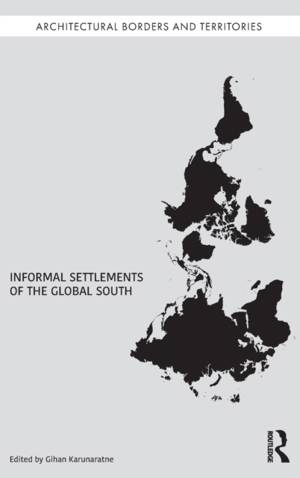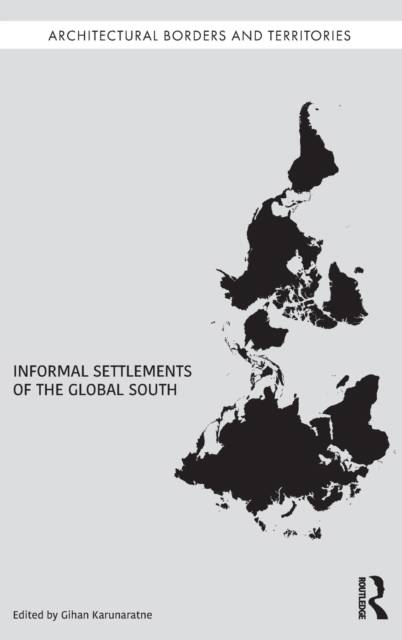
- Retrait gratuit dans votre magasin Club
- 7.000.000 titres dans notre catalogue
- Payer en toute sécurité
- Toujours un magasin près de chez vous
- Retrait gratuit dans votre magasin Club
- 7.000.000 titres dans notre catalogue
- Payer en toute sécurité
- Toujours un magasin près de chez vous
Informal Settlements of the Global South
Description
Bringing together case studies ranging across the globe, including the US-Mexico borderlands, the Calais encampment in France, refugee camps in Kenya, Uganda and Bangladesh and contested 'informal' enclaves and communities in the cities of India, China, Brazil, Nigeria and South Africa, this book challenges current ways of thinking about the governance of human settling, mobility and placemaking.
Together, the 15 essays question the validity of the conventional hegemonic divisions of Global North vs. Global South and 'formal' vs. 'informal', in terms of geographic presence, transborder performances and the ideological inter-dependence of Northern and Southern spaces, spatial practices and the uniformity of authoritative enforcements. The book, whose authors themselves come from all over the world, uses 'Global South' as a methodological apparatus to ask the 'Southern' question of settling and unsettling across the globe. Crucially, the studies reveal the sentiments, resourcefulness and the agency of those positioned by the powerful within the dichotomies of formal/informal, legitimate/ illegal, privileged/marginalized, etc., who are traditionally identified within the dominant development discourse as mere numbers or designated by intervening institutions as helpless recipients.
By focussing on hitherto invisible events and untold stories of adaptation, negotiation and contestation by people and their communities, this volume of essays takes the ongoing North-South debate in new directions and opens up to the reader's fresh areas of enquiry. It will be of interest to researchers and students of architecture, planning, politics and sociology, as well as built environment professionals.
Spécifications
Parties prenantes
- Editeur:
Contenu
- Nombre de pages :
- 328
- Langue:
- Anglais
- Collection :
Caractéristiques
- EAN:
- 9781032043074
- Date de parution :
- 01-06-23
- Format:
- Livre relié
- Format numérique:
- Genaaid
- Dimensions :
- 156 mm x 234 mm
- Poids :
- 639 g






